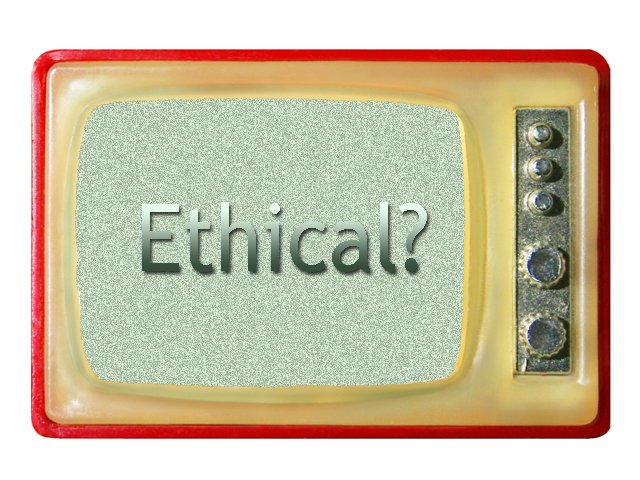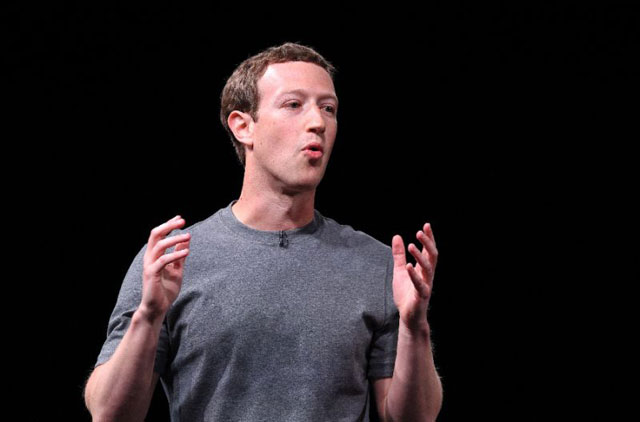

At best, media serves as a mirror of society within which it operates. And our society’s mindset is still stuck with the earlier officially certified truth. The media alone cannot bring about a change in the mindset. The new officially certified truth, if there is one, needs to be drummed into the consciousness of the nation through appropriate literature, educational institutions, public opinion leaders, the civil society, from a unified ideological platform, from the platform of political parties and also from articles that appear in Hilal, the monthly magazine of the armed forces, as well as from the press releases and tweets, which the ISPR chief sends out frequently.
Space does not permit a detailed discussion here on each and every outlandish recommendation in question. But there are some recommendations which need to be debated, even if cursorily. One of the recommendations, the 46th which was advisedly dropped was not even school-boyish. It was kindergartenish. This one had almost 37 sub-sections starting with the most ridiculous of them all: Always show good news first! And the last was even more harebrained: The media to be aware of common mind health issues, especially post-disaster. The government-controlled Pakistan Television Corporation and the Pakistan Broadcasting Corporation, between them, cover almost 90 per cent of viewers and listeners nationwide.
We recommend the standing committee chairperson to try to have these recommendations implemented in these two media organisations to see how practical they are before forwarding them to private media houses. Recommendation number seven wants individual journalists to be punished in case of any violation. But the final judgment to use a report or opinion piece is that of the editor/owner/ news editor. Why should a reporter or a subeditor suffer for their decision? These individuals work under tremendous pressure both from their bosses and from competition. It would be too callous to hold them responsible for the blunders of their superiors. Of course, established anchorpersons, who it is believed work as their own editors, could be made accountable for what they say or for the information that they use in their programmes.
Recommendation 41 wants a special committee of Pemra to have the powers to switch off temporarily the transmission of a channel violating terrorism-related guidelines. This should be avoided at all costs. Instead, a laid-down procedure should be followed in each case and punitive action should be taken only after ascertaining that there was an irresponsible act committed on the part of a channel. Since it did not have any idea about how the media works, the committee members understandably could not come up with a precise definition of public service programmes and could not clarify what they meant by “glamourising terrorism”. For understandable reasons, the Pakistan Broadcasters Association, the All Pakistan Newspapers Society and the Council of Pakistan Newspaper Editors did not help in this regard. Perhaps, the leadership of the Pakistan Federal Union of Journalists, all three factions sitting in, could.
Published in The Express Tribune, January 6th, 2015.
Like Opinion & Editorial on Facebook, follow @ETOpEd on Twitter to receive all updates on all our daily pieces.


















COMMENTS
Comments are moderated and generally will be posted if they are on-topic and not abusive.
For more information, please see our Comments FAQ